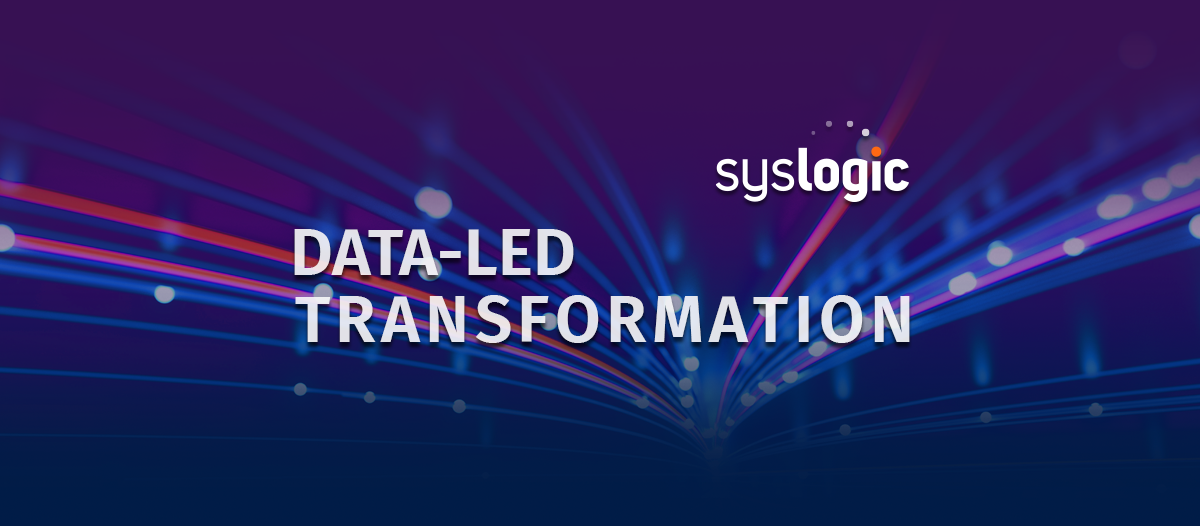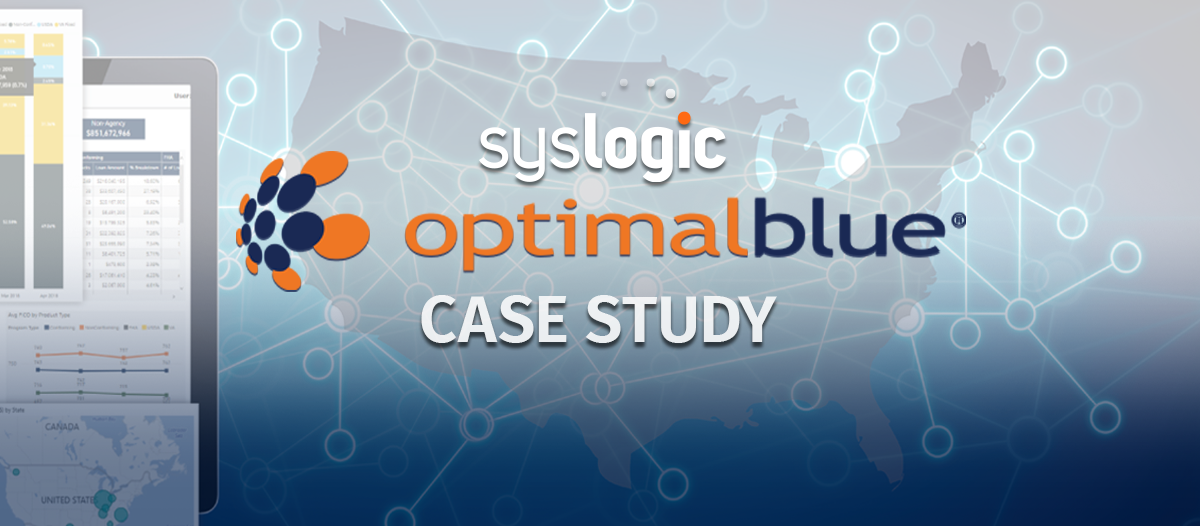How can your organization leverage data to improve decision-making for future success?
Leveraging data to plan for your organization's future is an effective way to make informed decisions and stay ahead of the competition. You can leverage continued advancements in artificial intelligence (AI) and machine learning by implementing a scalable, high-performing enterprise analytics platform. This technology is quickly advancing in the market, but many organizations are not yet utilizing these tools to their fullest potential. Now is the perfect time to invest in your data-led transformation, so you can reap the benefits before your competition can get up to speed.
The final stage of the journey is to plan for your future. This phase can leverage different analytical approaches, including predictive and prescriptive analysis. They both require a significant amount of detailed historical data, and they both improve informed decision-making. Here are a few highlights about each of these analysis techniques:
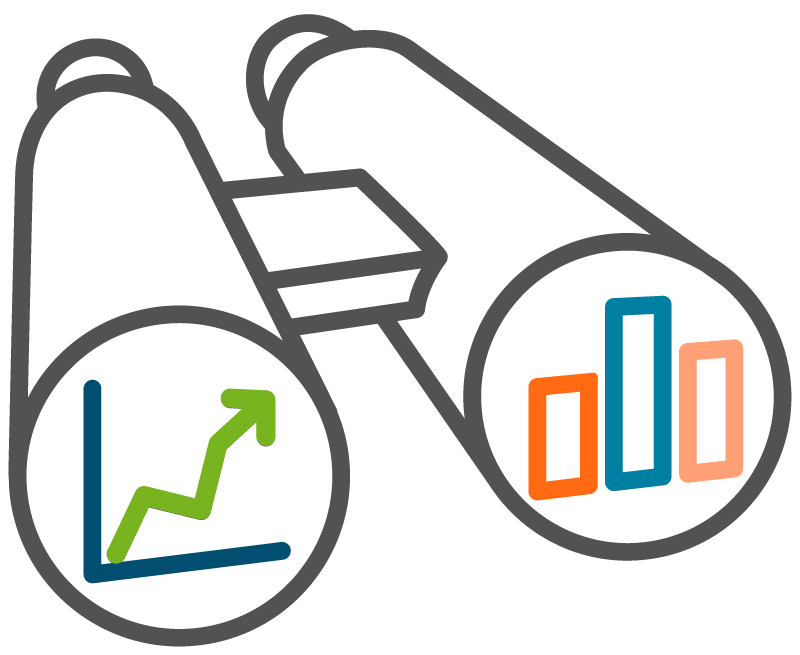
Predictive Analytics
This approach leverages advanced algorithms and machine learning techniques to assess historical data and help predict future events or trends. Here are a few examples of areas where and how this approach can be highly effective:
- Marketing — Customer behavior, including the products they are most likely to buy. This can help optimize campaigns and improve customer retention.
- Finance — Forecasts, credit fraud, risks. This can help reduce loss and improve profitability.
- Healthcare — Patients at risk, costs, and resource allocations. This can help improve patient outcomes and improve productivity.
- Manufacturing — Equipment failures and maintenance schedules. This can reduce downtime and lower maintenance costs.
- Human Resources — Employee turnover and workforce planning. This helps improve hiring outcomes and increase productivity.
- Transportation — Routing and scheduling. This can reduce costs, improve delivery timing, and enhance customer satisfaction.
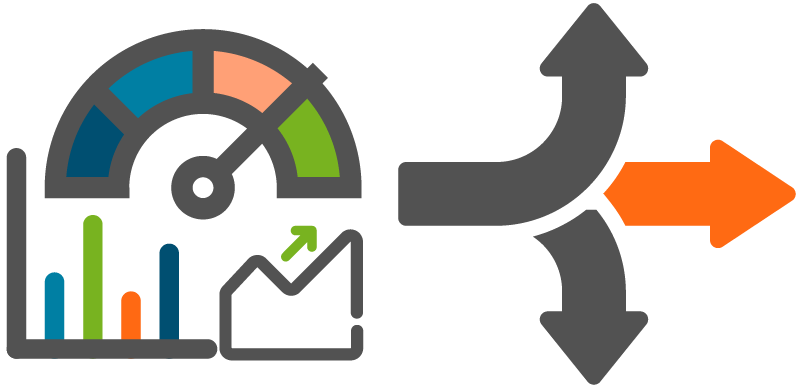
Prescriptive Analytics
Prescriptive analytics takes predictions to a higher level by providing decision-makers with actionable insights. This approach leverages AI and machine learning to assess broad data sets and provide recommendations and actions that can help optimize business outcomes. It helps provide the best course of action to achieve a specific goal. Here are a few examples of areas where and how this approach can be highly effective:
- Supply Chain — Analyze historical data to predict future demand and recommend the best course of action to optimize inventory levels, lower transportation costs, and optimize delivery schedules.
- Healthcare — Analyze patient data, such as medical history, genetics, and demographics, to recommend the best course of treatment based on the specific needs of the patient.
- Marketing — Analyze customer data, including channels, tactics, and trends, to help recommend the best course to maximize your investment.
- Manufacturing — Analyze historical maintenance records to determine when equipment is most likely to malfunction and then recommend the best course of action to help minimize downtime and costs.
What is your plan for the future?
You need a data-rich enterprise analytics environment to take advantage of AI and machine learning advancements. The potential value of your data increases based on numerous factors:
- Quantity of unique sources and domains — Each additional data source increases the opportunity to derive new correlations and insights.
- Volume of data — A larger historical footprint creates more detailed, more accurate trends.
- Granularity of data — The more detail, the better. Granular data increases the accuracy of algorithms and calculations for forecasting and simulation.
AI and Machine learning is only as effective as the data it analyzes. Contact us to learn how SysLogic can help you implement a robust data repository for your organization. The data you start collecting today can help your organization plan for the future.
